Research, Projects & Community
Researching our Collections
We welcome researchers and others who wish to use objects in our collection for their studies. If you have a research query, contact us on collection@computinghistory.org.uk.
If there are specific items in the collection that you would like access to, please quote the object ID (listed at the bottom of each object's web page) in your query. Please note though, that when requesting a copy of something, it can only be provided for strictly personal use.
Research & Community Projects
Research is an integral part of our culture as a museum, as we strive to promote understanding of the history of computing. Our staff are involved in a wide range of research activities across the fields of computing; computing history; conservation and management of collections involving modern materials; and video game preservation.
We also get involved with local community projects where we can and these vary hugely in focus and in scope. Sometimes this just means we'll take part in community events like the Cambridge Big Weekend or Summer at the Museums. Others include working alongside Cambridge technology companies, helping to explore their pasts.
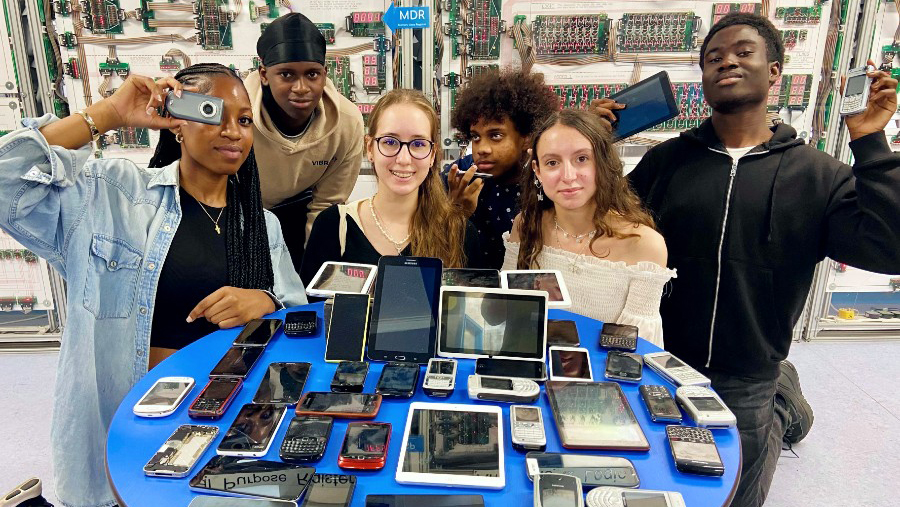 |
Broken Tech : Broken Earth - starting Sept 2024 This exciting initiative is funded by a grant from the Esmée Fairbairn Collections Fund, run by the Museums Association. It will engage the local community in exploring the environmental and social impacts of the tech boom. The Centre for Computing History’s collection celebrates the incredible evolution of computing technology over the past 80 years. However, with tech embedded in all our lives, and the UK predicted to generate over 30,000 tons of e-waste a week by the end of this year, the museum is keen to work with local people and organisations to explore how to reinterpret our collection and tell alternative stories about the environmental impact of tech. Find out more. |
|
|
|
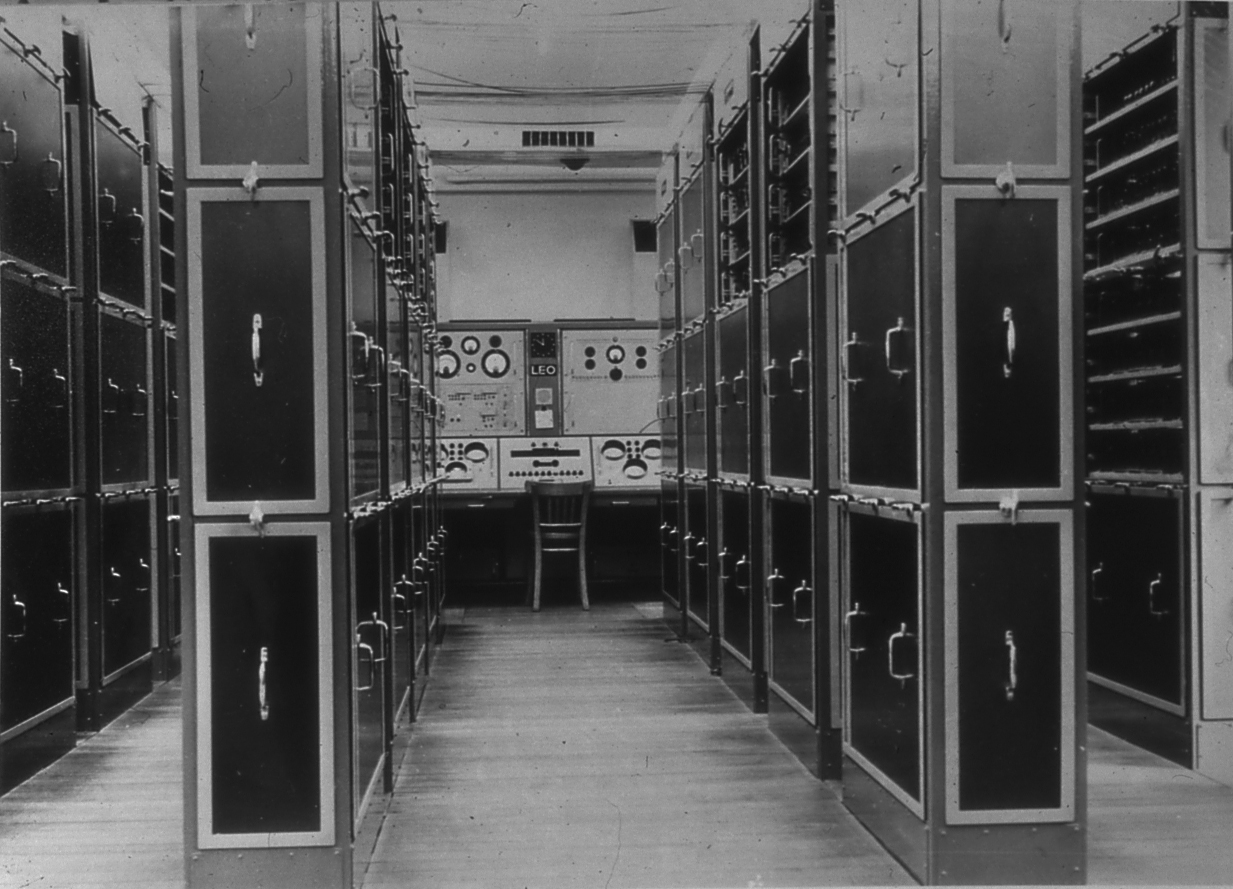 |
Swiss Rolls, Tea & the Electronic Office: A History of LEO, the World's First Business Computer - completed June 2023, but some volunteer work is ongoing. |
|
|
|
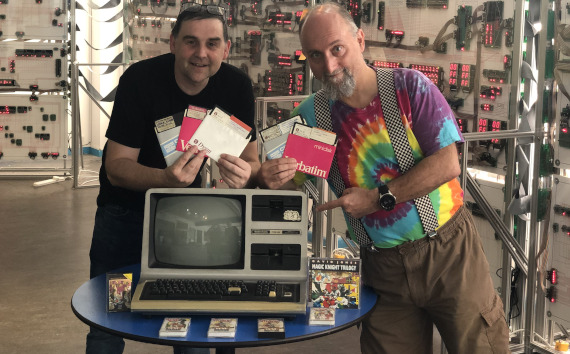 |
Videogame Preservation - ongoing The preservation of videogames has been an important part of everything the Centre for Computing History has been doing since we began. Games tend to reflect what is happening culturally and they are often designed to take their hardware platform to the limits - so they facilitate an excellent demonstration of computers or consoles and their period of history. We believe that gaming must be documented from a heritage perspective and supported by properly preserved examples. To read more about what we're doing and why, read an article on Videogame Heritage and Preservation by our former curator Jason Fitzpatrick. For an example of our work, explore our David Jones case study. |
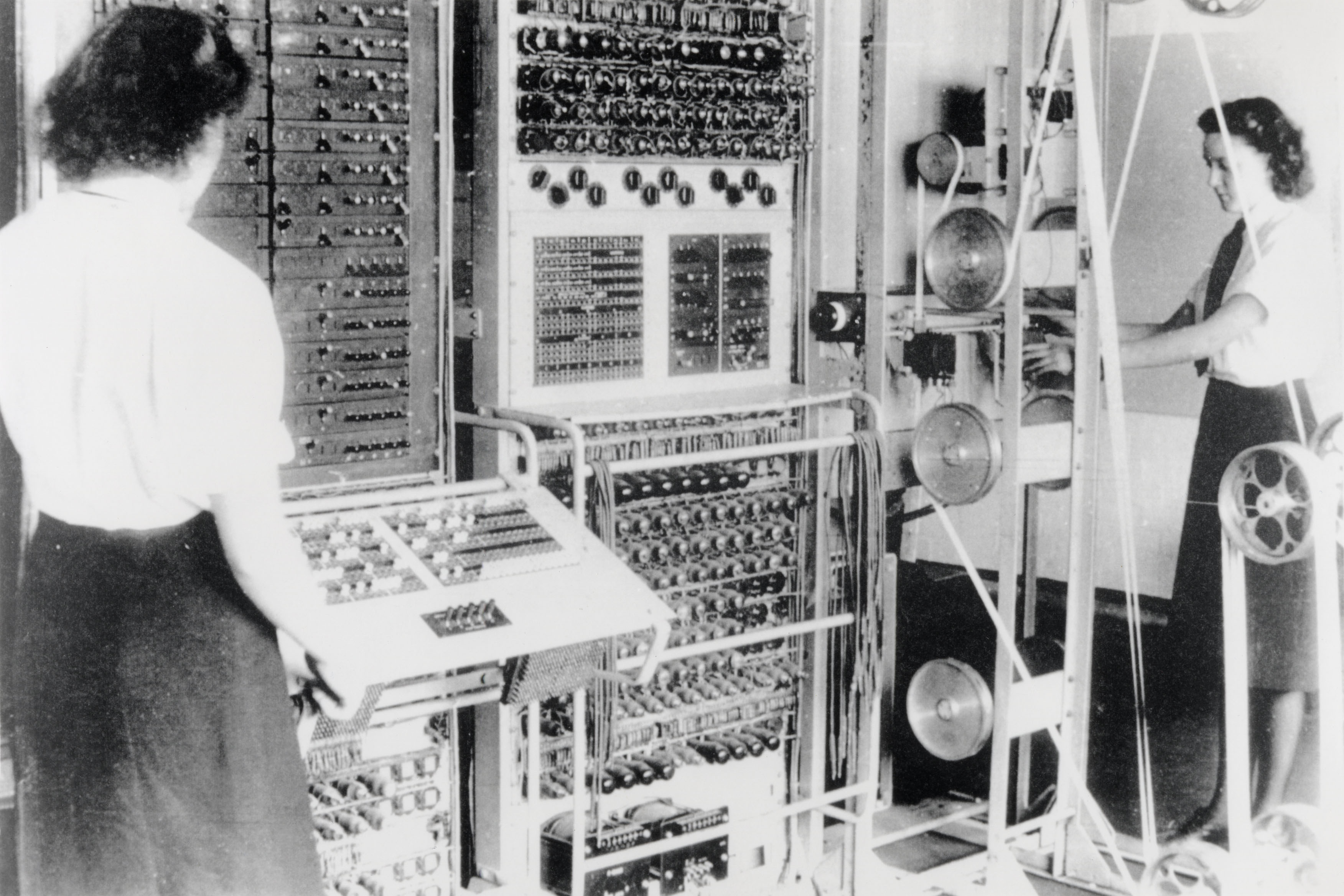 |
Computing Herstory - ongoing Does the lack of a clear history about the contributions made by women to the development of the technologies that surround us contribute to a perception that computing, and tech more generally, are the preserve of men and boys? Where did all the women go? Women’s contributions have been huge yet many of their stories remain untold. We are well placed to put these contributions back at the centre of our shared history and we call this computing herstory. To read more about the women we've profiled to date, read an article on Computing Herstory by our gender and technology lead, and CEO, Lisa McGerty. |
|
|
|
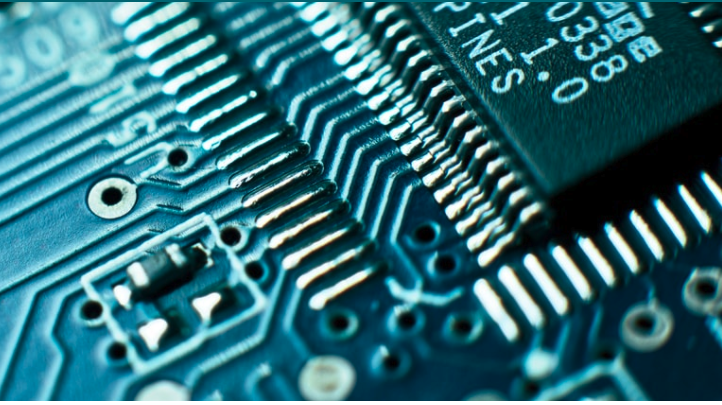 |
Circuits of Practice - completed |
|
|
|
 |
Viva Computer! A People's History of Computing - completed |









